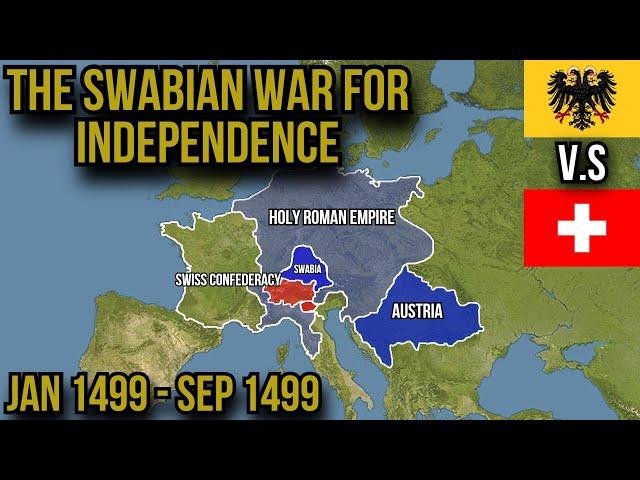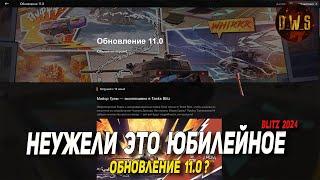
The TRUTH About The SWABIAN War - History Explained
Комментарии:

The significance of the Swabian Wars was deliberately downplayed in the Holy Roman Empire and later by German historiography, as it was a devastating defeat for the Holy Roman Empire and its Emperor Maximilian I.
The Swabian Wars were triggered by the Swiss Confederation's refusal to join the Swabian League in 1488, to comply with Maximilian I's new imperial reform in 1495, and the Swiss Confederation's military alliances with Charles VIII (King of France) and the alliance with the Three Leagues (Grisons).
After the Peace of Basel in 1499, the Swiss Confederation was exempted from the Imperial Chamber Court, exempted from imperial tax and no longer took part in the Diets. The Austrians also accepted the territorial integrity of the Free State of the Three Leagues and Miximilian I then withdrew the Habsburg claims to territories in Switzerland.
This clearly underlined Switzerland's independence from the German territories in the Holy Roman Empire. Although the Swiss Confederation remained nominally part of the Holy Roman Empire, it no longer adhered to the imperial resolutions. This compromise was acceptable to both sides and the European powers recognized Switzerland's independence in the Peace of Westphalia in 1648.
As a further success of the Swabian Wars won by Switzerland, Schaffhausen and Basel joined the Swiss Confederation in 1501. The Swiss Confederation received the right to exercise supreme jurisdiction in Thurgau and Appenzell began negotiations to become a full member of the Swiss Confederation, which was achieved in 1513. The border with the Holy Roman Empire was also consolidated along the Rhine for the future of Switzerland's independence.
In summary, after 1499 the Swiss Confederation no longer paid taxes, was no longer subject to the jurisdiction of the Holy Roman Empire, no longer adhered to imperial resolutions, no longer participated in the Diets and its territorial integrity was recognized by both the Holy Roman Empire and the Habsburgs.
All of this supports the view that the victories in the Swabian Wars and the conditions of the Peace of Basel were of eminent importance for Switzerland and that Switzerland was effectively independent of the Holy Roman Empire in 1499.
During the peace negotiations it was an ingenious move by the Duke of Milan, Ludovico Sforza, and his envoy Galeazzo Visconti to maintain the appearance that the Swiss Confederation had not fought against the Holy Roman Empire, but only against Swabia and Habsburg, and that it remained part of the Holy Roman Empire to the outside world. In this way the Emperor of the Holy Roman Empire was able to save face and the Swiss Confederation de facto gained their independence.
The fact that the Swiss Confederation actually fought not only against the Swabians but also against the Holy Roman Empire and Emperor Maximilian I shows that the cause of the war was not only border conflicts with the Swabians but above all the Swiss Confederation's refusal to pay the imperial tax and to defy the Emperor's orders (joining the Swabian League in 1488, complying with the Emperor's new imperial reform in 1495 and entering into military alliances with France against the Emperor's will). In addition, the Emperor set up an army against the Swiss Confederation and composed it of soldiers from across the Empire (Swabians, Welch and Dutch).

The swabian war is quite interesting and underrated, it deserves more popularity in historical content.
Ответить
Nice video. Wanted some historical background in Swabia as I just started a game of EU4 as Ulm. Formed Swabia around 1515, and just attacked the Swiss in 1518.
Ответить
Overall a nice short video, but your map had quite some problems. You showed Burgundy during the Burgundian Wars without its holding in the Low countries, whereas in real life these territories were the main source of income for Charles to wage wars. Also, as a result, the HRE shouldn't showed controlling it until the fall of Burundian state. Hope you will improve in the future
Ответить
Correction: presenting Austria on the map of medieval Hungary is 'inaccurate', to say the least. Frederick III had zero to do with the kingdom of Hungary, which at the time was ruled by Matthias Corvinus, one of the most powerful rulers of all time, with Transylvanian roots. Zero Habsburg influence, sorry. In fact, Matthias occupied Vienna and its province and moved his seat there for his later years, before he died in 1490.
Ответить
Interesting video, but Switzerland is badly misplaced in your map. Lake Léman should be on the southern border of the country, not on the northern one.
Ответить
I would like to see a video about the War of the Breton Succession
Ответить
The Swiss being badass Pikemen in the 1400-1500's is one of the details that makes Early Modern Europe History my first love and helped me decide to major in it. The French Revolution made me get a MA in it.
Ответить
Hi guys, feel free to let me know what you make of the new narrator and video. I have a poll on my community tab deciding what my next video will be.
Have a good rest of your day/night.
Edit - Sorry about the quality. Its only 1080p but all future uploads should be 4k!


























